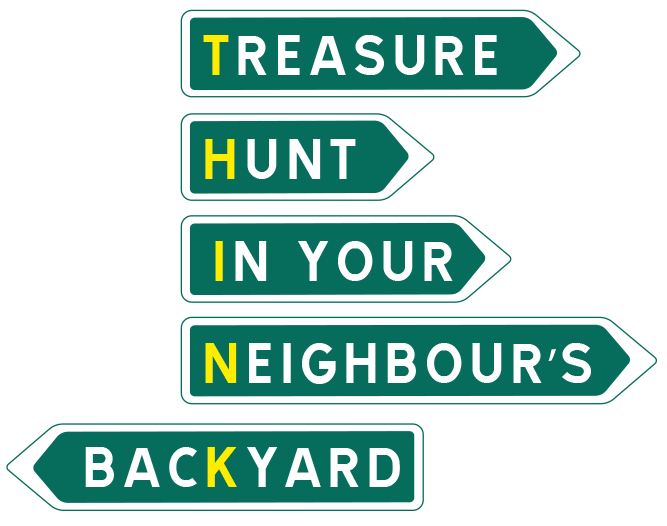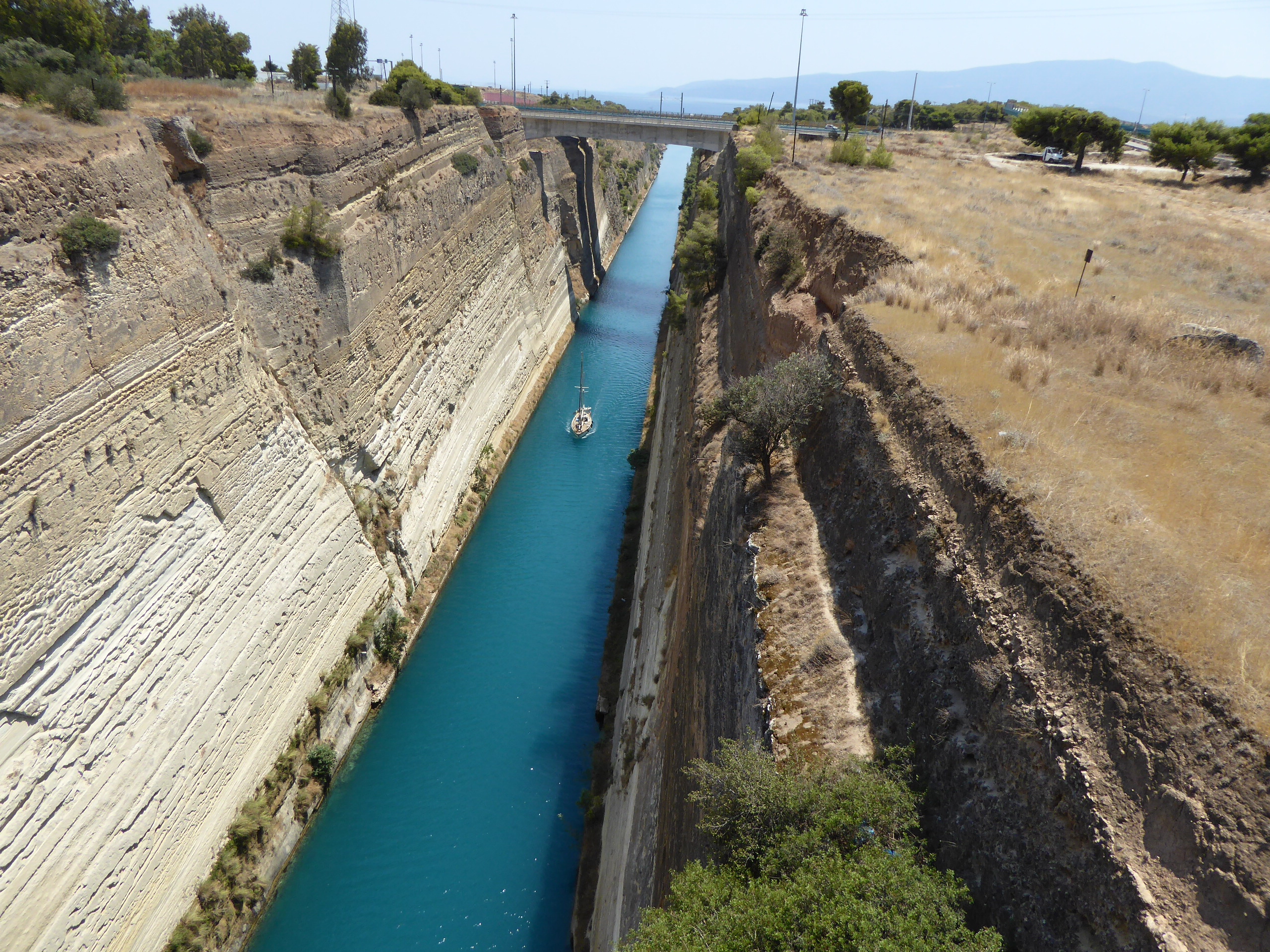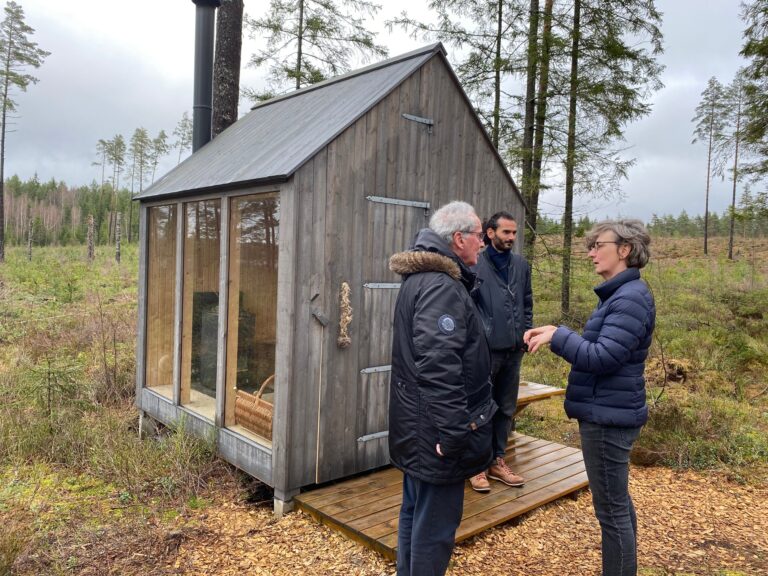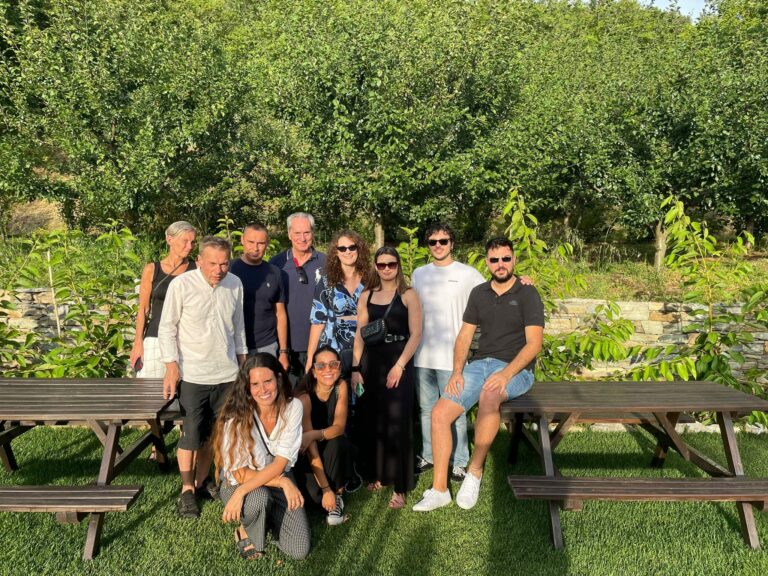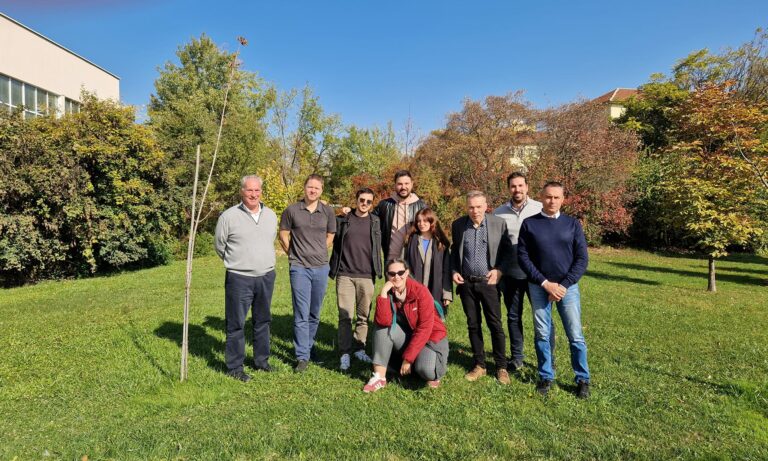Back in the mid 90s, three Greek friends decided to initiate an endeavor like no other before in modern Greek history. The concept was a startup center focused on environmental research and education and the development of environmentally friendly technologies. They founded OikoTechnics Institute, a non-profit organization based in Athens, whose main source of funding was grants obtained from the EU and other financial institutions through competitive processes.
Despite the bureaucratic challenges and stiff Greek tax laws, the business took off. Within the first couple of years of its operation, OikoTechnics started attracting guests and visitors from other EU countries.
More proposals were prepared and funded, and the Institute expanded to other topics such as vocational training, cross-border cooperations, etc.
Visiting professors, researchers and students from Bulgaria, Germany, France, Italy, Sweden, the Netherlands, and the UK were welcomed to the company’s summer research facilities in Ancient Corinth, a small and colorful village about 100 km West of Athens, whose roots can be traced to 700 BC.
The reach of OikoTechnics Institute expanded beyond the borders of the EU, and researchers from Norway, the US and other countries expressed interest in coming to Greece, covering their own expenses, to cooperate on mutually agreeable research and educational topics.
More interns arrived from EU countries and were sent to various destinations in Greece, such as Skopelos island, etc. to complete their assignments. On the other hand, Greek students were assisted with placements in aquaculture companies in Greece, or with finding research jobs in other EU Universities, such as the Wageningen Univesity in the Netherlands, the University of Erlangen in Germany, and elsewhere.
Graduate students of Greek and German Universities started working on their Master’s Thesis and Dissertation research at the OikoTechnics Institute facilities. The founders of OikoTechnics Institute provided scientific and technical guidance on selecting the research topic and formulating the research problem, literature search, experimental design and methodology, data collection and analysis, results interpretation, and manuscript preparation.
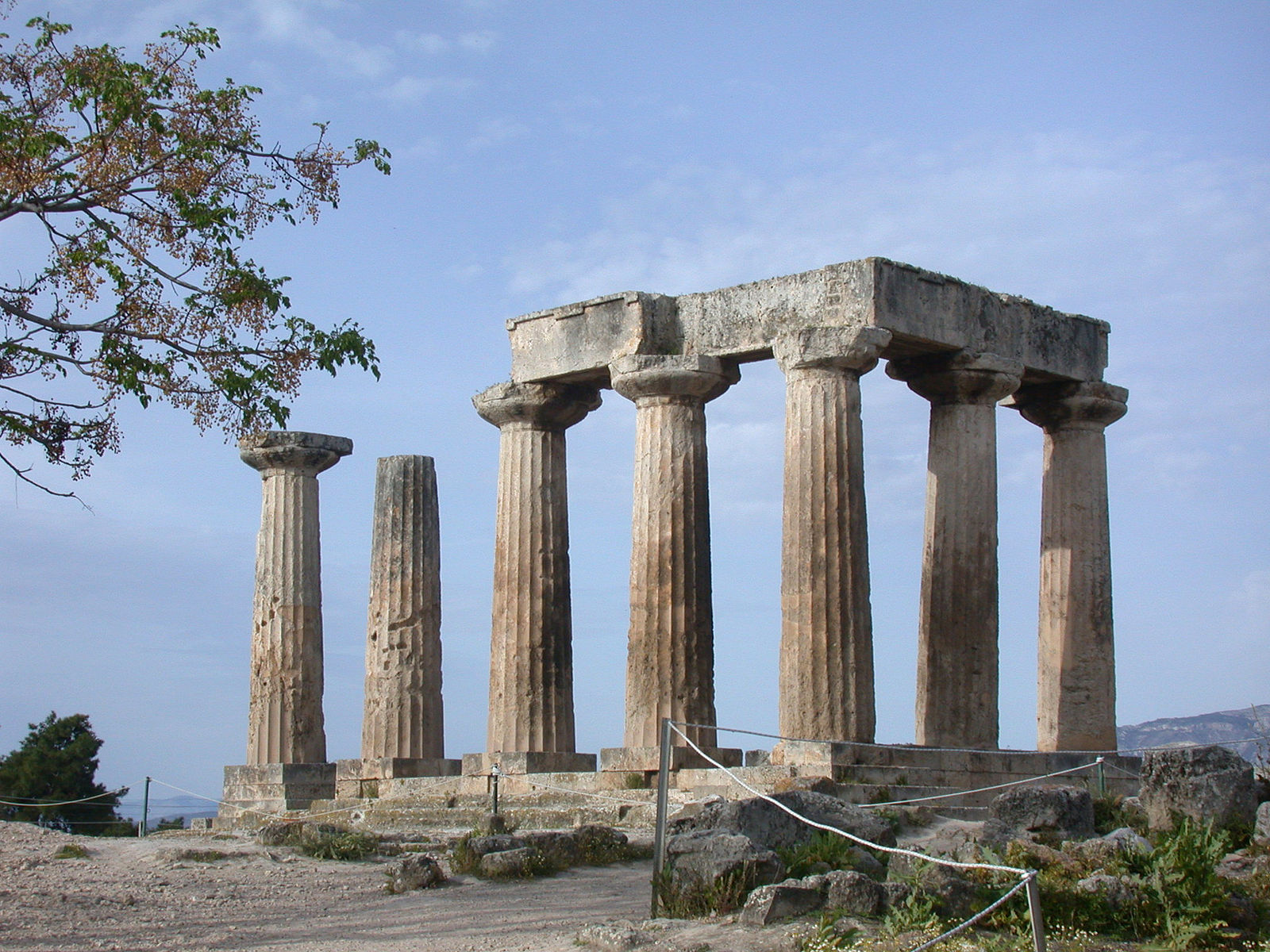
The research ideas that were developed included topics such as heavy metal decontamination by adsorption on biomass; petroleum hydrocarbon bioremediation and oil spill cleanup using bioremediation techniques; biomass production using algal turf scrubbers; proof of concept for using alternative biomass sources for paper production; effects of UV radiation on primary succession of marine algal communities; essential oil production and use, etc.
The quality of work output was phenomenal. Four Dissertations, three Master’s Theses, numerous scientific publications in high-caliber, peer-reviewed international journals and tens of happy trainees. The most important impact, however, was the mentality shift of the Biology Department of the University of Athens to applied topics, instead of the pure science topics pursued until the cooperation with OikoTechnics Institute.
It was a wonderful and unforgettable experience for everyone involved.
Visitors were treated with the famous Greek hospitality and food, and reciprocated by organizing international food nights, so that everyone could taste their cooking prowess. English was spoken as the defacto international language.
In conclusion, long before the multi-billion EU student exchange Erasmus+ programs, this serendipitous educational tourism setup resulted in an environment of free idea and cultural exchange and created deep friendships that remain to this day. Thus, it could serve as a model of educational/sustainable tourism.
